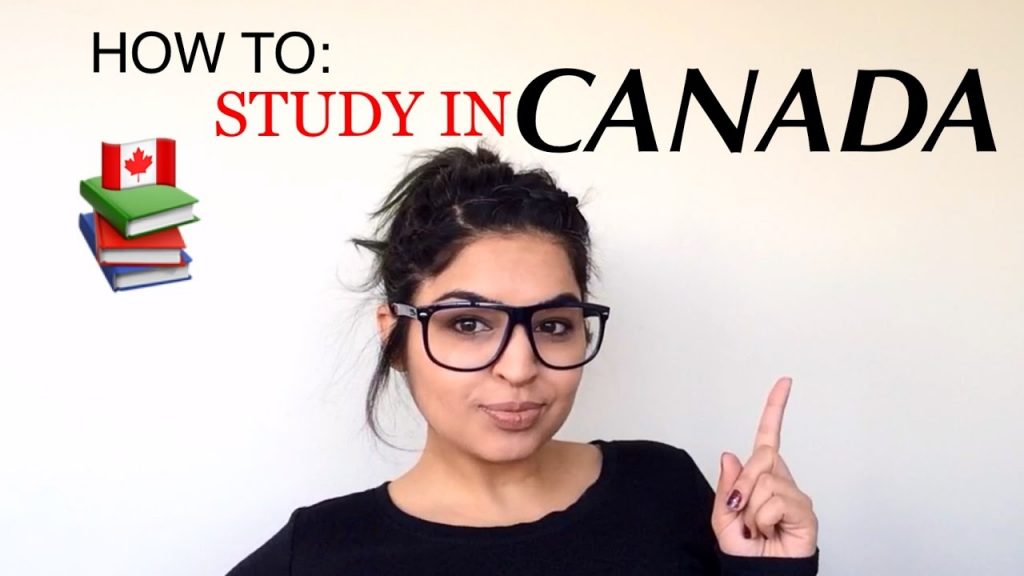Educational Institutes in Canada have numerous post-secondary education programs to offer to the students who want to study in the country. These courses include academic education, professional courses along with vocational and technical courses that are offered predominantly by the Canadian Universities, Vocational training institutes, and colleges. Here is some information on Post-secondary education for the International Students in Canadian Educational Institutes.
Educational Criteria for Applying in Any Post-secondary or Tertiary Educational College in Canada
In case you have done a high school diploma from a government accredited school or university of your home country, then you are eligible for the tertiary education in any Canadian University, college or institution.
Eligibility Criteria for Admission in Canadian University or College
There are certain requirements that a student needs to fulfill for getting into a Canadian university or college. If you want to do an undergraduate program or a postgraduate degree, admission criteria may vary based on the program you want to enter the field of education as well as other important factors that are related to the course. However, the most fundamental norms are high school grades and command over the English language (or French in several areas).
Language Skill required to get Admission in a Post-secondary Educational Institution in Canada
While TOEFL scores (Test of English as a Foreign Language Scores) are a primary requirement in American Educational institutions, International English Language Testing System or IELTS scores are common language criteria for getting into colleges or Universities in Canada. However, most of the educational institutions in Canada accept the scores of either test to judge your English language proficiency and skills. In fact, many countries use these two exams scores as a proof of your English language ability for admission in their colleges.
Other Requirements for International Students to Apply for Canadian Universities
Apart from the English proficiency test (TOEFL or IELTS) score, the international students need to submit an essay also along with the written statement that why he/she wants to enroll in the specified program. Candidates also need to provide the documents that declare their work experience (if applicable) till date. The additional documents such as proof of skills, certifications and reference letters always get you extra benefits.
Getting Admission in Post Secondary Education Program
Many people believe that the admission in post-secondary programs is given on the basis of competitive exams only. However, it all depends upon the program, field of study and other criteria of admission. On one side, most professional fields such as engineering and medicine accept students on the competitive basis. On the other hand, fields like arts, sports take students on the talent basis.
Basis of Admission in Post graduation Course after Graduating from a Post-secondary Institute in Canada for International Students
Once you have done a graduate course from any college or university in the country, Canadian authorities offer you full support in regards to migration legalities for a longer stay to apply for the Post-graduation program from any Canadian institution.
Duration of any Master Degree Program in Canada
Usually, the master degree takes one year to complete that includes internship period also which is mandatory. However, depending upon the educational field and its curriculum, it might take two years also for the program to finish.
Private Educational Institutions Vs. Public Educational Institutions
The public colleges in Canada are usually government subsidized. These education institutions are supervised by the state assembled educational councils.
On the other side, the Private Institutes work independently, free from the government monitoring and these colleges rely highly on tuition fees and other public funds for covering their costs. Hence they do not need accreditation.

